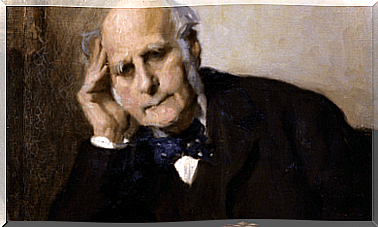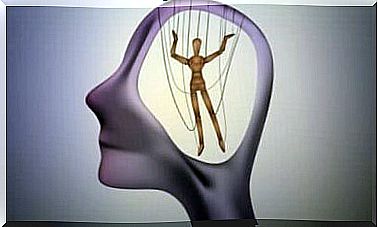Hegel’s Master-servant Dialectic
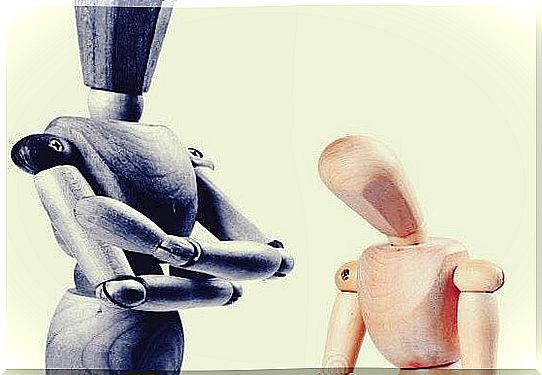
Master-servant dialectic is a famous concept of the philosopher Friedrich Hegel, considered as one of the key elements of his philosophy, which has since influenced many other philosophers. It is the basis of the dialectical materialism developed by Karl Marx, but it has also exerted a strong influence on psychoanalysis.
According to Hegel, human reality condenses into what we call universal history. In turn, to mark this history is the unequal relationship between human beings. Among the tyrants and the oppressed. In this way, the historical dialectic is the master-servant dialectic . It was this contradiction between one and the other that moved the story, which gave rise to an inequality in the self-awareness of human beings.
We recall that in Hegel the dialectic is a form of reasoning in which the interaction between two opposing theses occurs , which in turn lead to new concepts that overcome this contradiction. In this way, there is a thesis that raises certain arguments. An antithesis follows, which exposes the problems or contradictions of the thesis. The synthesis arises from the dynamics between thesis and antithesis, which becomes a solution or a new perspective on the question.
Desire and the master-servant dialectic
In Hegel’s master-servant dialectic, desire plays a very important role. This philosopher points out that animals have a desire that is satisfied with an immediate object. The animal is not aware of what it wants. In the human being, however, things are different.
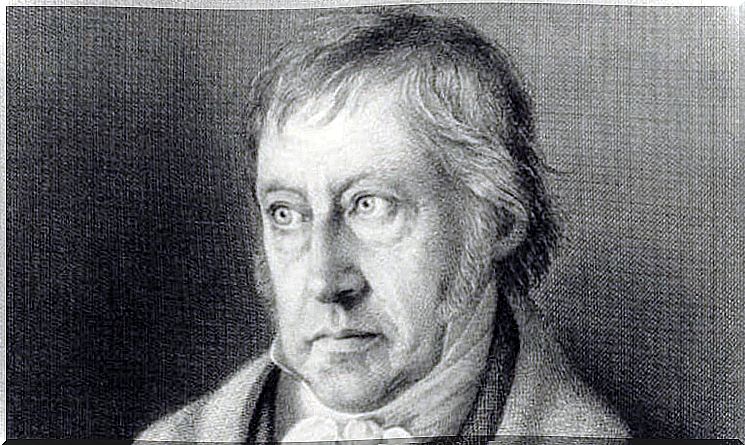
According to Hegel, history is the history of social relations. This is inaugurated when there are two human desires in comparison. What the human being desires is to be desired by the other human being. In other words, he wants to be recognized by the other. Therefore, human desire is fundamentally the desire for recognition.
The human being wants others to give him an autonomous value, and therefore a value of his own that differentiates him from all the others. This is what defines the human condition. According to Hegel, an intrinsic factor in the human being is therefore to impose oneself on others. Only when the other recognizes him as an autonomous being, self-awareness is created. In turn, the self-consciousness declares among themselves a challenge to the death.
History from Hegel’s perspective
On the basis of the concepts that we have presented very briefly, Hegel constructs his master-servant dialectic. This affirms that from the first moment of history two figures are created: the lord and the servant. The first imposes itself on the second by denying it, in other words, by not recognizing its desire. It dominates it by canceling it. The dominated must give up his desire for recognition because he is afraid of dying.
In this way a kind of consciousness arises in the dominated. This consciousness recognizes the other as lord and itself as the servant of the first. It therefore fails to give shape to self-awareness as such, but conceives itself starting from a logic in which the gaze of the lord reigns. This constitutes the essence of the master-servant dialectic.
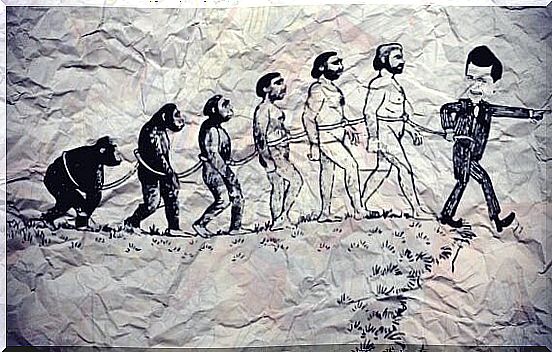
All this has important repercussions on productive activity. The master does not come into contact with the raw material, or “the thing”, which the slave transforms with his work. In turn, the slave comes into contact with it only to transform it, but it is not his nor is it intended for its consumption. Like the worker who makes bricks, but doesn’t have a house of his own.
Lords and servants
Hegel therefore affirms that the dialectic of history is the master-servant dialectic. Since the beginning of history there have been rulers and rulers. A recognized entity, the lord, and a recognizable entity , the servant. This servant ceases to be an autonomous entity and turns into something that is reified by the lord.
Because of this dominion, the lord forces the servant and forces him to work for him. This work is not a process created by the servant, but an imposition that converts it into an object of work. However, the lord ends up depending on the servant to ensure his survival. And there is always a moment in which the roles are reversed, since the servant is indispensable for the master, but the latter is not indispensable for the servant.
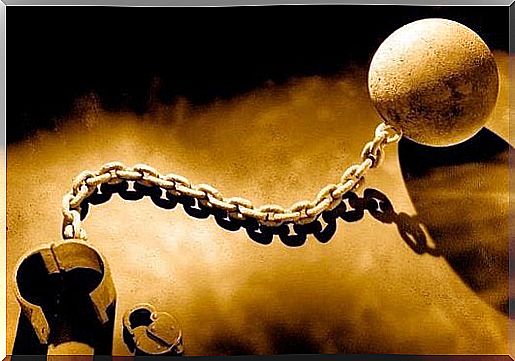
The master-servant dialectic is a concept that has marked a before and after in the history of philosophy. It has laid the foundations for some postulates which, although they have been revised and reinterpreted, retain their own underlying validity.
